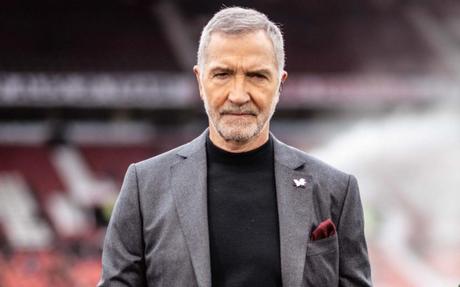
As Graeme Souness leans back on his sofa, the conversation turns to whether you need to have won a European Cup to be a good pundit. "Everyone can be lucky once," he jokes. He is reminded that it was more than once, but it was three times in his own career. "Besides that, it's not luck."
Those wins at Wembley, Parc des Princes and Stadio Olimpico, plus five league titles, put Souness in a position of authority when it comes to football broadcasting. However, his fifteen years at Sky Sports were defined by what was said, rather than his trophies and illustrious playing career.
According to him, it is becoming increasingly difficult to be an expert in modern football. To use the right words and still be honest and critical when necessary. At the age of 70, Souness has not taken a step back in that regard. He was back on screen for ITV's coverage of Manchester United's dramatic FA Cup win against Liverpool before the international break, and will be at the European Championship for Scotland's opener against hosts Germany.
"I will never retire," says Souness Telegraph Sports. "I'll retire when the phone stops ringing."
And according to Souness, there is one major driver behind his longevity. "Be honest," he says. "I know we have to be very careful with the words we choose now, but be as honest as possible, consistent. And just be real. That is becoming increasingly difficult for the guys who are doing it now."
But despite his own successes as a player and as a pundit, Souness doesn't believe in the theory that you have to have achieved everything to analyze the very best.
"That's like saying Arsene Wenger or Jose Mourinho shouldn't have been great managers," he points out. "Winning a European Cup doesn't mean you're good at something.
"There are people I will listen to. There are people of whom I think: 'No, you have nothing at all, I am not going to learn anything from you'. That's just me. If you watch people on television, I'm sure you're exactly the same. I am no different. There are people I will listen to and people I won't listen to."
The story continues
It's been ten months since he was last on Super Sunday, wearing an immaculate suit and telling viewers his opinion, regardless of whether they were against his colleagues. Souness says it felt great to be back at ITV last week, not that he's been sitting on the phone waiting for a call. His radio work, a podcast and charity work have kept him even busier than when he was at Sky Sports. There has been no time to reflect on the fact that he was at the center of the Premier League and went stratospheric during his time as a broadcaster. His schedule is hectic in that regard, but he is happy to confirm that there have been no regrets about what was said on air in the last twenty years.
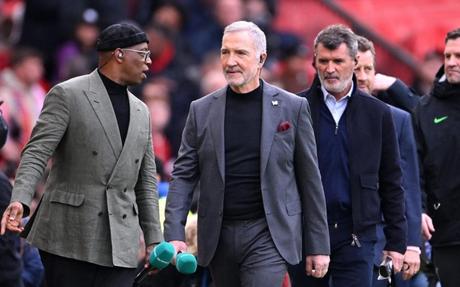
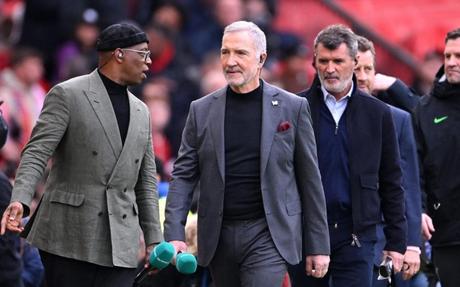
Arsenal has come under a lot of criticism over the years, with his assessment of the 'team of sons-in-law' being particularly damning. His frustration with Paul Pogba will also be remembered. It came from seeing a player with traits that weren't dedicated to winning games. But Souness is not enjoying the French midfielder's woes, which include a ban for doping offenses less than two years after leaving Manchester United, without helping him mount a title challenge.
"With Pogba I was frustrated with him because I saw someone who had all that talent, all that physical ability that you see in a great athlete, but who had a stinking attitude," Souness said. "I could talk about it for ten minutes now, but the bottom line is he didn't work hard enough. The worst thing that could have happened to him was winning the World Cup as a young man. That placed him firmly in a very large, comfortable armchair. He didn't care about hard yards anymore, he thought it was all about doing smart, eye-catching things on the football field.
"Every time I played, I had one thought in my head: I'm going to be better than the guy I'm playing against. I'm going to have a better day than him. And the starting point for that is working harder than he does. I don't think Paul Pogba has ever had that attitude. It was all about showing how smart and cute I can be. It would have been very easy to play against him because he never worked on you. He didn't stop you from playing.
"I take no pleasure in what happened to him because he was an extremely talented young man who had everything to be remembered as one of the great midfielders in world football. But unfortunately he won't be remembered for that. He will be remembered for getting a drug ban and a near miss."
Souness is still experiencing the highs and lows of the game, kicking every ball and feeling every tackle as if he were still playing.
"I'm not someone who looks back. "I'm 70, but when I wake up in the morning I think I'm 21 again," he said. "My wife wakes me up in the middle of the night and says 'stop kicking' because I dream that I'm still playing football."
The reason Souness speaks so openly about his TV career is because he is heavily involved in an NHS campaign to tackle high blood pressure. At age 38, he was diagnosed with high blood pressure, which contributed to his needing open-heart surgery. Souness is as passionate about the campaign as he is about football, and he reels off the statistics: the estimate is that 4.2 million people in England are undiagnosed.
"Is there anyone better than me to talk about it? I don't know,' he said. "When I was manager at Liverpool I did everything the players did in training, except playing on Saturday afternoons. It drives you crazy. You can feel great, but it's slow going and the sooner you tackle it in your 40s, you need to get on top of it.
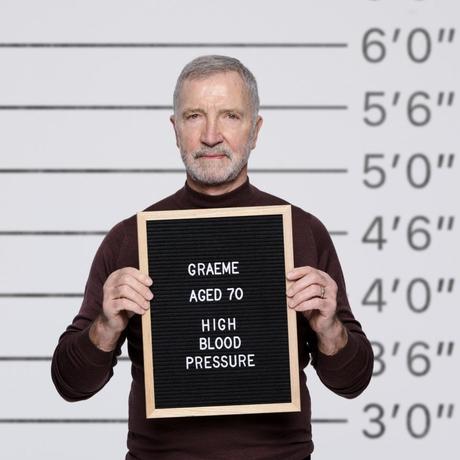
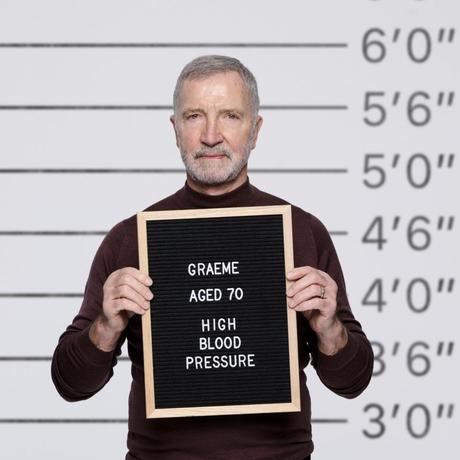
You might think the stress of live TV wouldn't suit his condition, but Souness points out that the condition is easily treatable with a daily pill. Not that his blood pressure was high when he was in the air, because it all felt natural. Management was a different animal.
"I don't feel like my blood pressure would change much if I was on and off the air. But I guarantee that would change if I was a manager on match days," he said. "If you're an expert. The last thing people want is for people to agree with each other all the time. I've never said anything without me could substantiate it. It wasn't just to make a fool of myself. I'd like to think that I can always substantiate it by explaining why I said that. There's nothing, no. I can't think of anything where I thought, 'I wish I hadn't said that'."
Modern football still excites Souness, but there is also plenty he hates. And if he doesn't like what he sees, he'll keep saying so.
"Some matches are sensational. But it is a 50-50 issue," Souness explains. "Some games I sit quietly and watch and I see players in midfield passing squarely past them all the time. It doesn't bother me and I'll turn around and look at something else. Other games just grab me and I'm glued to them. Maybe I've always been like this."
Looking at football with a critical eye is simply part of Graeme Souness.
- Graeme Souness is backing a new national NHS campaign to find the 'missing millions' with undiagnosed high blood pressure, which usually has no symptoms. High blood pressure is one of the biggest known risk factors for cardiovascular disease and can lead to heart attacks, strokes, kidney disease or vascular dementia. Find a pharmacy which offers free blood pressure checks near you to anyone aged 40 and over, by searching 'pharmacy blood pressure check' or visiting the NHS website.
